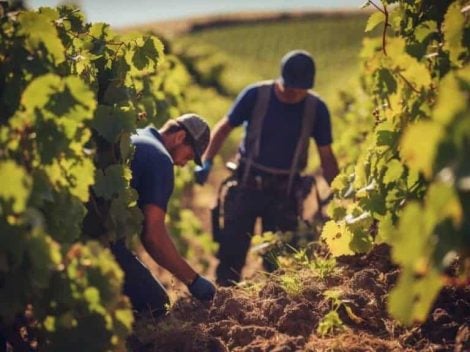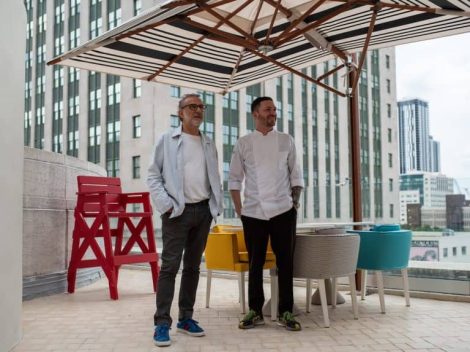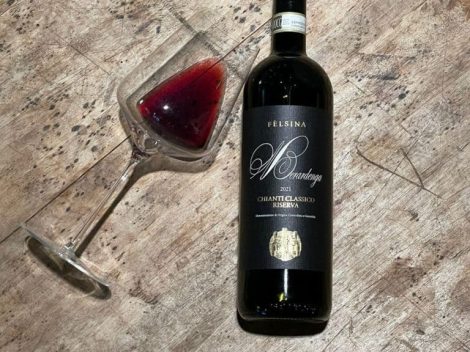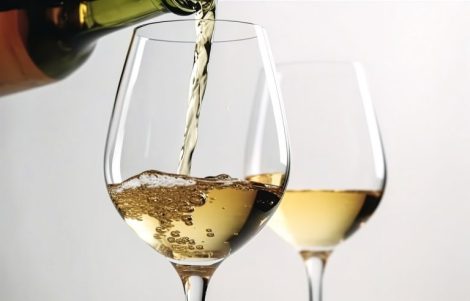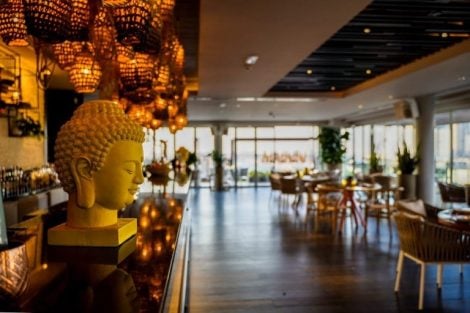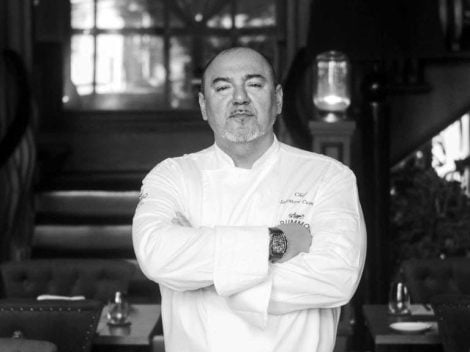"The customer is always right," goes the mantra of the restaurant industry. Even when frankly annoying with unreasonable, comical, or downright irritating requests. Among these, the large family of intolerances holds a place of honor. Think about it: just ten or 15 years ago, you would choose from the menu by avoiding dishes with ingredients you didn't like or that caused digestion problems, and everyone remained friends.
Then, whether it's the advent of the dictatorship of tasting menus or the skyrocketing level of intolerance, it has become the care, or rather the obligation, of the restaurant to ask the customer to "report any intolerances": ethical, health-related, or simply a matter of taste.
Nowadays, in our country, it is a well-established practice, like choosing between sparkling or still water and having bread on a separate plate (to the left, it's the one on the left!).
But what we take for granted in our Italian latitudes is not always the case elsewhere in the world. Pockets of resistance to the digestive supremacy of those who always have the right exist. We found them in Vilnius, the capital of Lithuania (for reference, the one in the Baltic countries that is further south on the map).
Nordic cuisine with a design touch
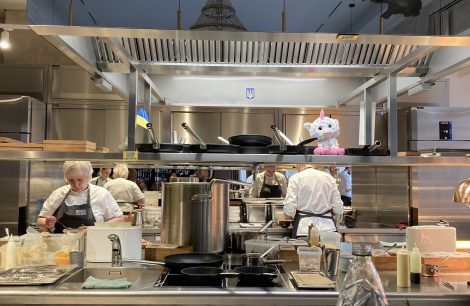
In the center of the charming Vilnius, often chosen as the setting for numerous films and TV series, from Stranger Things to Chernobyl to Young Wallander, Nineteen18 is a very chic venue in a tastefully renovated 17th-century building. It is located within a complex, Senatorių Pasažas, which in 2020 was transformed into a kind of culinary hub focusing on locally sourced and sustainably cultivated ingredients. Besides two restaurants, it also houses a bakery, a butcher shop, a natural wine bar, a bookstore, and furniture stores.
It is a pleasant place with exposed concrete and light woods that would not be out of place in an even more renowned Nordic capital. However, what surprises is the cuisine—contemporary, with significant references to Nordic herbs and flavors used with skill and moderation.
Chef Andrius Kubilius is a bit rough but knows his stuff, we think, from our perch at the counter overlooking the open kitchen where five or six young cooks of both genders move briskly. From a stainless steel shelf—kitchens are always a display of steel—we are observed by a unicorn-shaped plush, which we don't imagine among the design objects that we might find, say, at Copenhagen's Geranium or Oslo's Maaemo, mutatis mutandis (and anyway, Ninteen18 has received a well-deserved nomination in the 50 Best Discovery and is listed among the thousand best restaurants in the world by La Liste). And already here, some suspicion arises, dismissed like an annoying thought induced by the square designer lurking within each of us.
The problem is yours, not mine
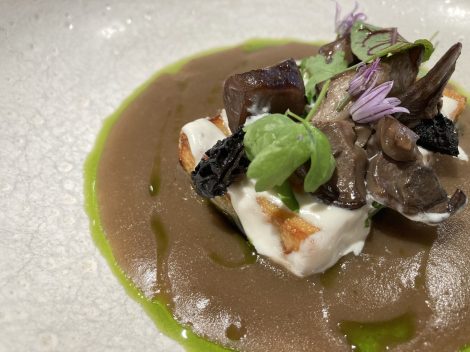
First meal and first time in a Lithuanian restaurant of a certain caliber, also economically (the price is around 90 euros), the choice can only go straight to the tasting menu. Glancing through it appears very interesting: forest herbs and fruits, game, trout. And a surprising "carbonara" where, instead of pasta, there is a thin layer of white asparagus.
"For two centuries, under Russian influence, we were cut off from Europe. Then, in the '90s, we gained independence, and the free market arrived," Kubilius tells us, "and we went from having nothing, as in the Soviet era, to being invaded by all kinds of foreign food, even the most absurd, like pizza with pineapple. Then, a few years ago, we started thinking that we had many of our ingredients, we have always practiced foraging in our forests for subsistence, not because it's trendy. And we have always used fermentations, in many cellars, you can still find containers of fermented vegetables. Following the example of Nordic cuisine, we started researching and using local ingredients."
Everything is beautiful and fascinating, making us dream and feel the aromas of pine cones, undergrowth, moss, berries, and mushrooms. Not forgetting what is to the Northeastern European countries as olive oil is to Mediterranean countries: sour cream.
As a convinced customer with a certain dose of rights, as well as appetite, I declare my lactose intolerance, with a roundabout expression that would like to be polite: "I would be intolerant to cream, I hope it's not a problem for you; I'm sorry I didn't mention it earlier." The response seems like a joke: "Oh no, it's not a problem for us if it's not a problem for you."
Did they understand? With the following dishes, the doubt is clarified: it wasn't a joke, sour cream remains, perhaps hidden under a tortilla or a flower petal, and well, there's nothing left to do but, as my grandmother used to say, eat this soup or jump out the window. An escape route, however, not recommended, as the restaurant is on the first floor.
Looking on the bright side, it's nice to know that not everything in haute cuisine is standardized, flattened, globalized, and reduced to the cliché of local ingredients, foraging, and the revival of lost and recovered traditions. On the negative or practical side: if you have issues with dairy, get a pill. And forget about always being right.
Nineteen18, Dominikonų st. 11, Vilnius - nineteen18.lt
by Anna Muzio

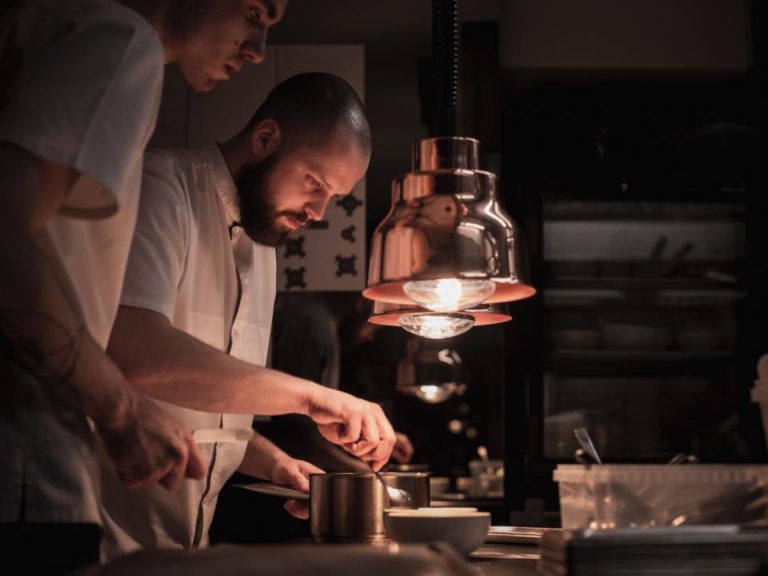
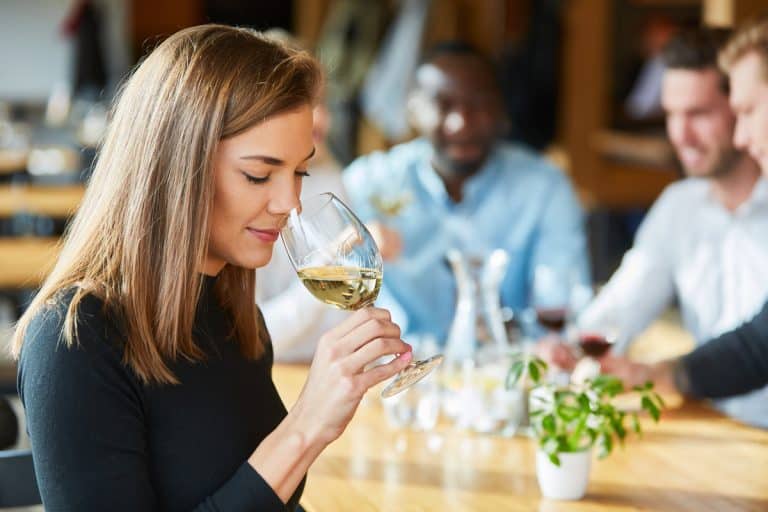 Women are the best sommeliers. Here are the scientific studies
Women are the best sommeliers. Here are the scientific studies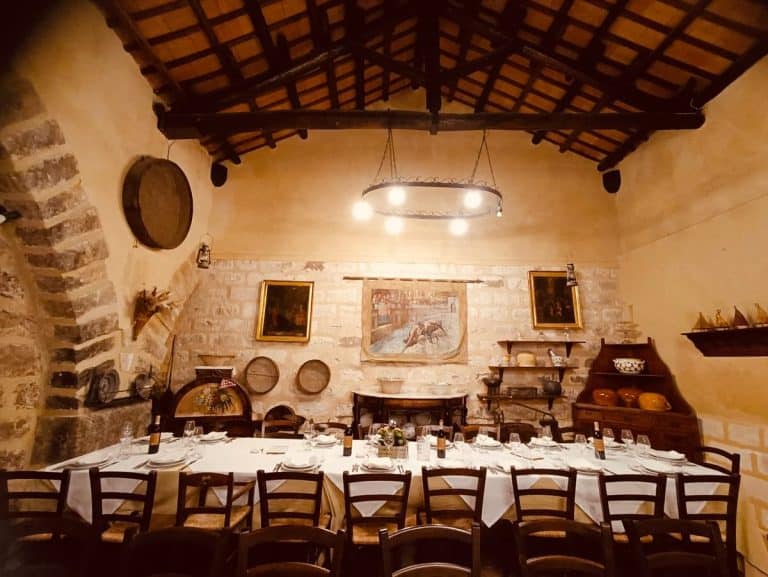 Where to eat at a farm stay in Sicily: the best addresses in the Provinces of Trapani, Palermo, and Agrigento
Where to eat at a farm stay in Sicily: the best addresses in the Provinces of Trapani, Palermo, and Agrigento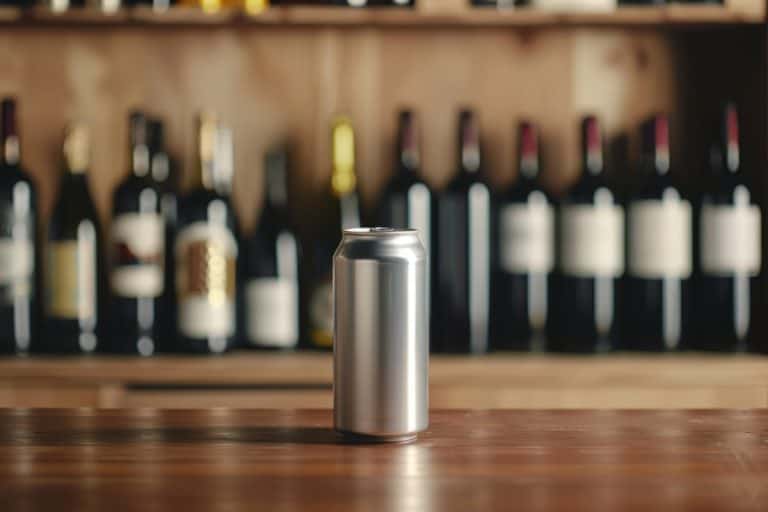 Wine in cans, bottle-fermented, and alcohol free: the unstoppable change in Gen Z’s tastes
Wine in cans, bottle-fermented, and alcohol free: the unstoppable change in Gen Z’s tastes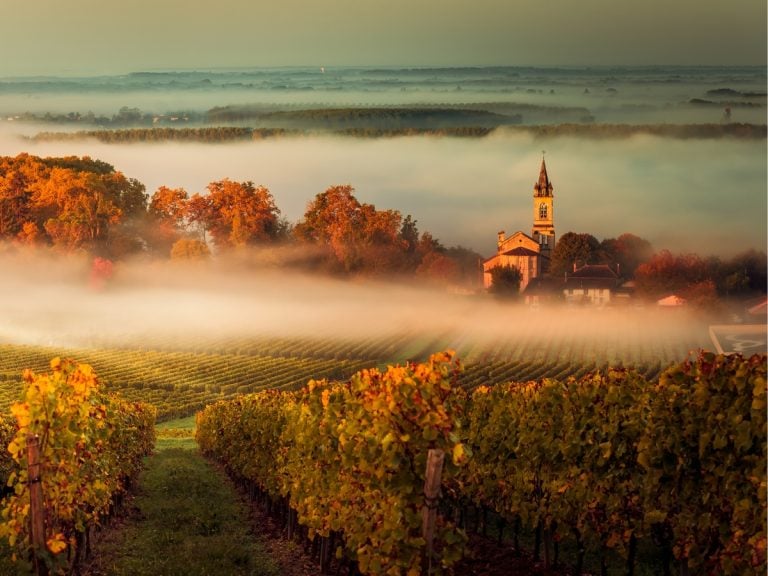 The great Bordeaux exodus of Chinese entrepreneurs: around fifty Châteaux up for sale
The great Bordeaux exodus of Chinese entrepreneurs: around fifty Châteaux up for sale Dubai speaks Italian: a journey through the Emirate's best Italian restaurants
Dubai speaks Italian: a journey through the Emirate's best Italian restaurants